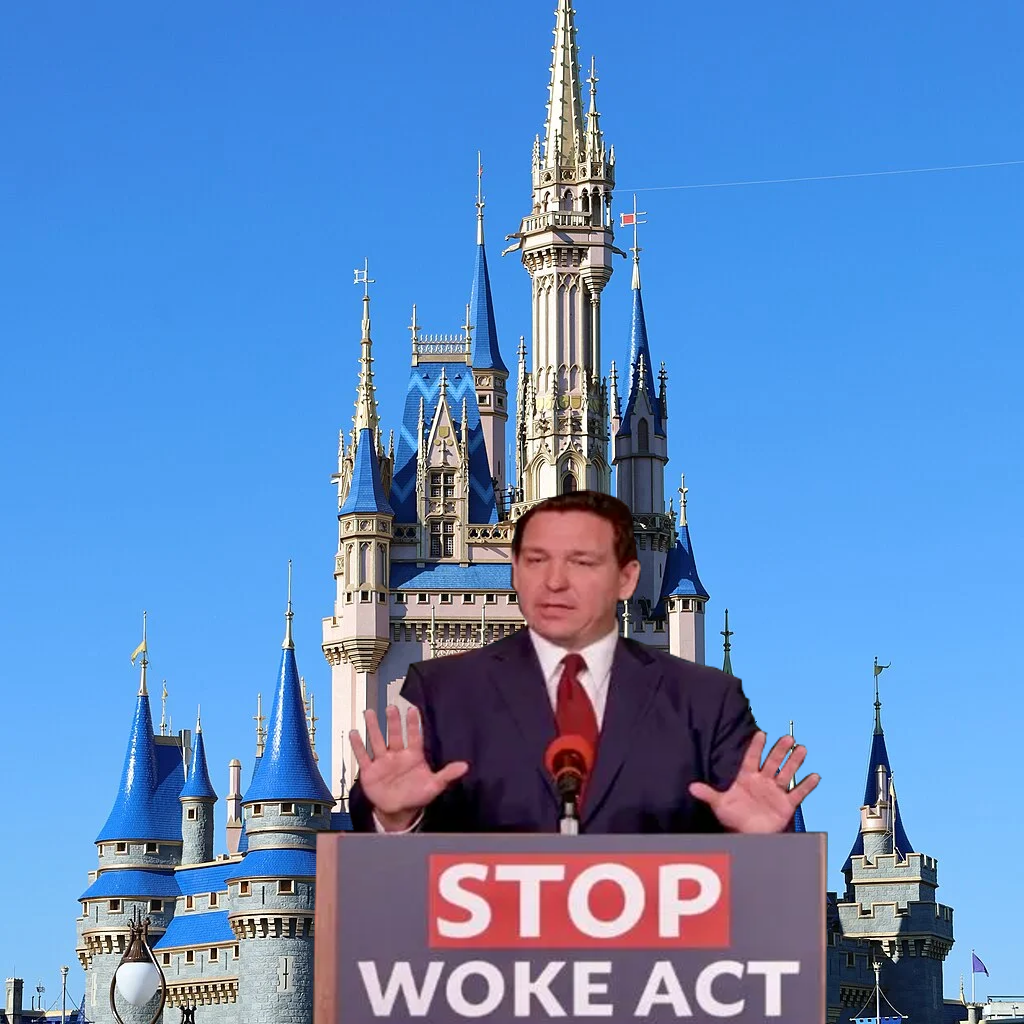Disney’s ongoing clash with Florida Governor Ron DeSantis over DEI initiatives continues to unfold, with Disney gaining significant ground in the fight. While DeSantis has pushed for laws restricting discussions on certain “woke” topics in schools and workplaces, Disney has remained firm in its support of inclusivity, hosting high-profile events that reinforce its stance.

Disney Hosts LGBTQ+ Workplace Summit Amid Political Tensions
From September 11-14, 2023, Disney World is hosting the Out & Equal Workplace Summit, one of the world’s largest gatherings focused on workplace inclusion. The summit brings together thousands of professionals and major corporations to discuss diversity, equity, and inclusion (DEI) initiatives in the workplace. This event serves as a direct contrast to DeSantis’ policies that aim to limit conversations around gender identity and race in educational and corporate settings.
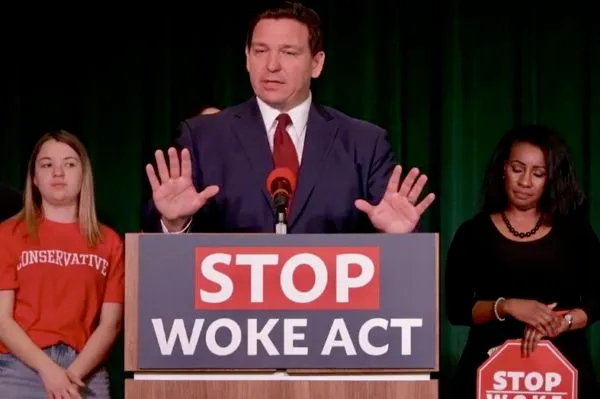
DeSantis has led several efforts to curtail what he describes as “woke” ideologies. The Parental Rights in Education Act, more commonly known as the “Don’t Say Gay” law, restricts how teachers discuss issues in classrooms. Additionally, the Stop WOKE Act (renamed the Individual Freedom Act) sought to limit workplace trainings and school curricula that focus on issues of privilege and systemic inequality based on race and gender. These laws have faced significant legal pushback.
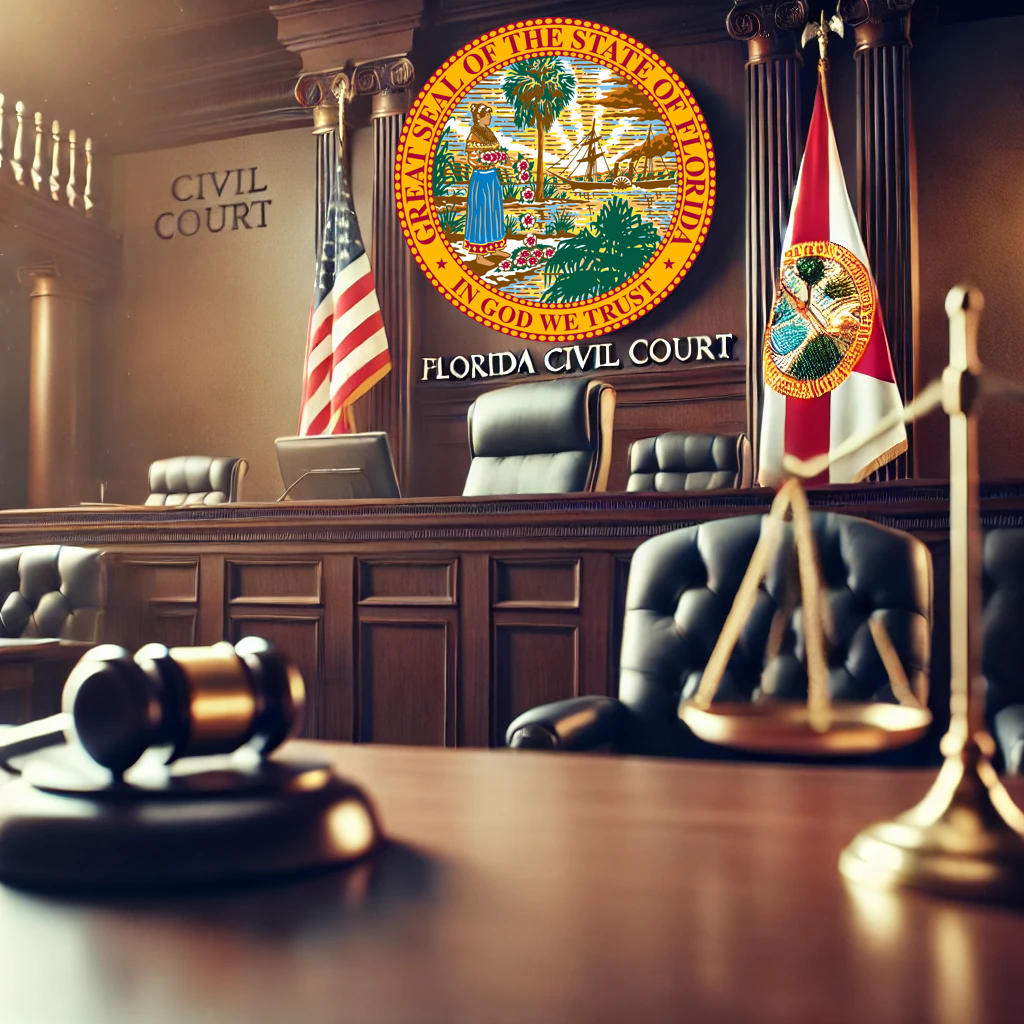
Courts Rule Against DeSantis’ Anti-Woke Agenda
While DeSantis’ political strategy of opposing progressive policies has energized conservative voters, his legislative actions have frequently been blocked by the courts. A federal judge called the Stop WOKE Act “positively dystopian” and ruled that it violated the First Amendment. The law has been blocked in various contexts, including businesses and universities, where it sought to restrict DEI trainings and teachings.

Other bills targeting issues like gender-affirming care and drag performances have also been temporarily halted by judges. This has led to a growing sense that DeSantis’ broader “anti-woke” campaign may be losing steam, especially as public focus shifts toward more pressing concerns, such as Florida’s rising property insurance rates and excessive condo assessments.
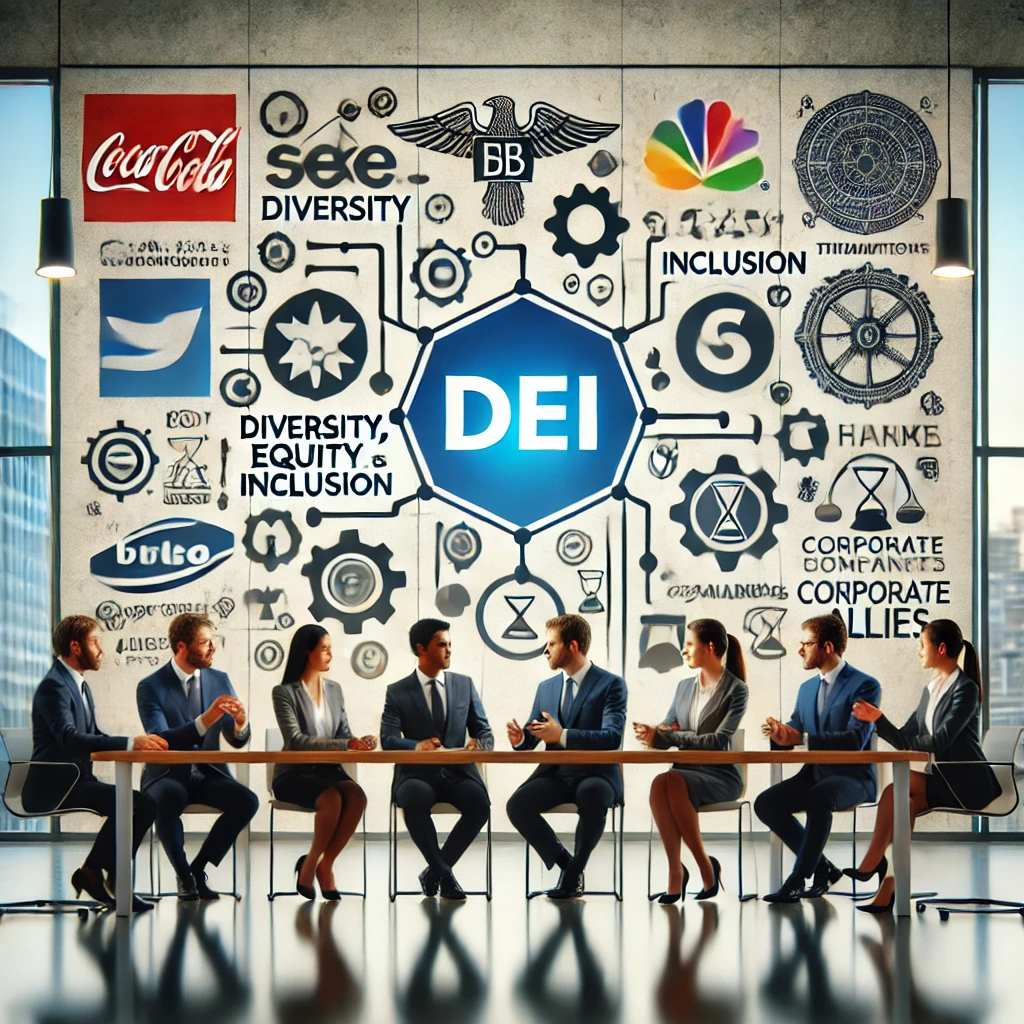
Florida’s Political Climate and Disney’s Defiance
By hosting the Out & Equal Workplace Summit, Disney is sending a clear message of defiance. The event highlights Disney’s ongoing commitment to inclusion, even as Florida’s political climate grows increasingly hostile to these values. The summit, which brings together influential corporations like Apple, JPMorgan Chase, and Uber, shows that Disney is backed by a wide range of corporate allies who also support DEI efforts.
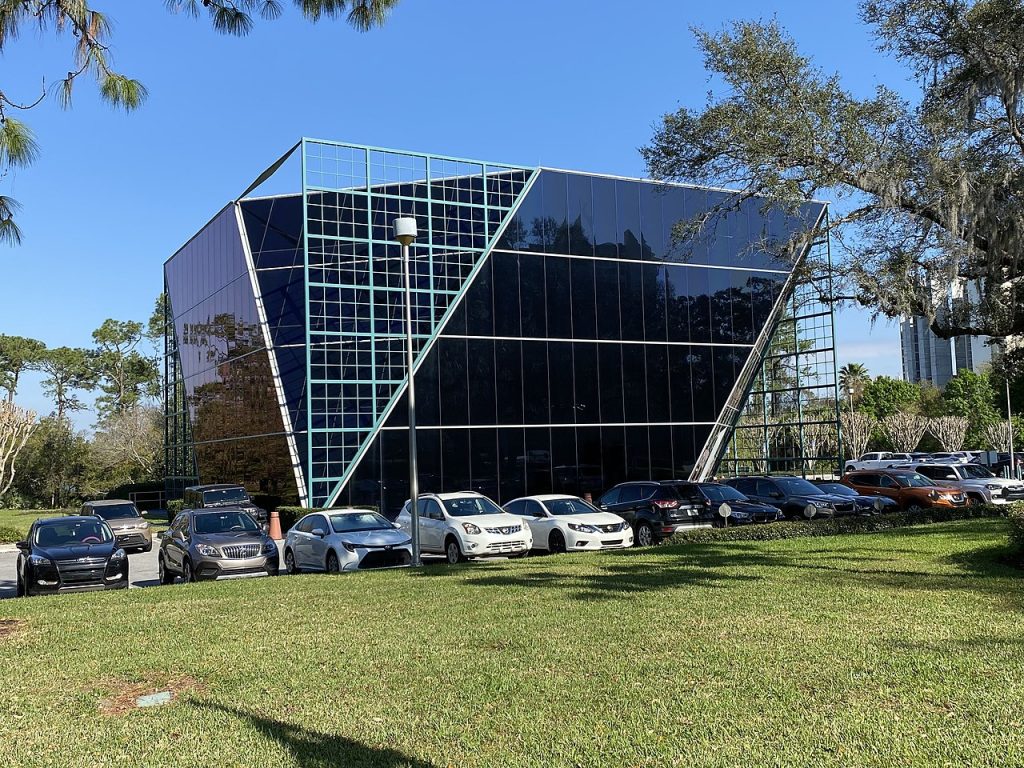
This is not the first time Disney has clashed with DeSantis. Disney opposed the governor’s legislative takeover of its special tax district, known as the Reedy Creek Improvement District. The company has continued to fight for its progressive stance in Florida, despite political risks.
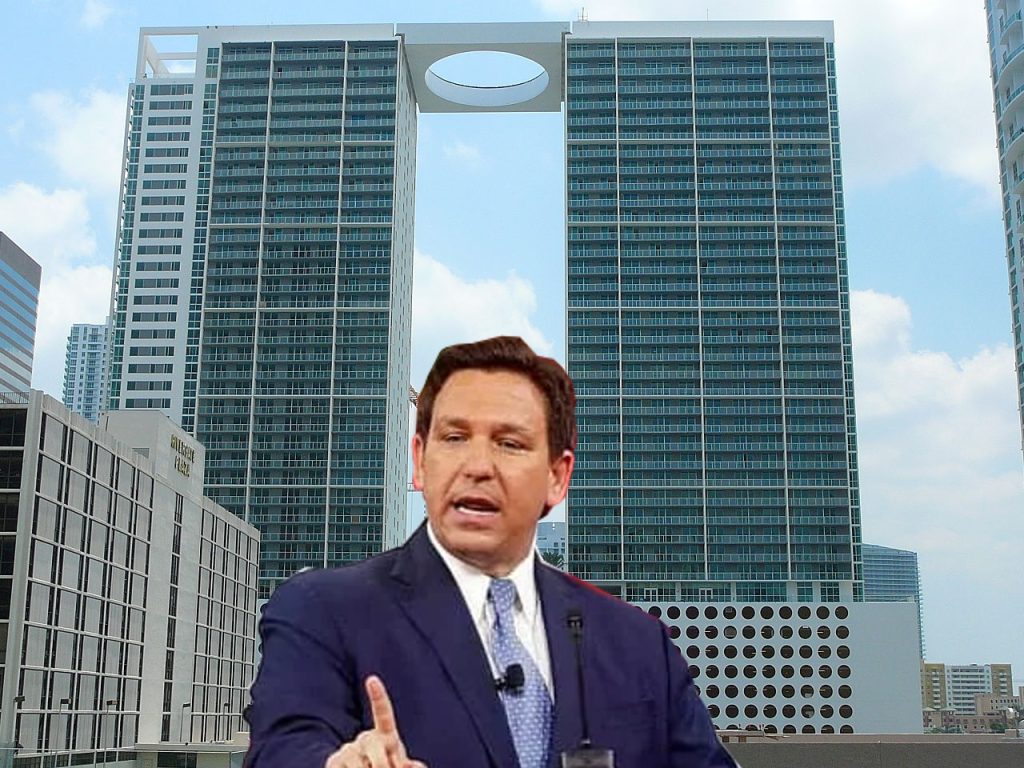
Shifting Priorities Among Floridians
While DeSantis’ anti-woke policies initially garnered political support, many Floridians are now more concerned with practical issues like rising property insurance costs. Florida’s insurance rates are the highest in the country, and new state laws requiring stricter building inspections are putting additional financial pressure on homeowners. This shift in focus could indicate that voters are becoming less interested in culture wars and more focused on economic issues.

As the legal challenges to DeSantis’ policies mount and Floridians’ priorities shift, Disney’s decision to host a major LGBTQ+ inclusion summit in Florida underscores its resilience. Despite political opposition, Disney remains committed to promoting inclusivity, supported by major corporations and a growing consensus that diversity is a strength. In this culture war, Disney appears to be on the winning side, leveraging both corporate power and public sentiment to challenge the governor’s anti-woke agenda. By remaining steadfast in its support for LGBTQ+ rights, Disney is proving that inclusivity, not exclusion, may be the more enduring value in the long run.

